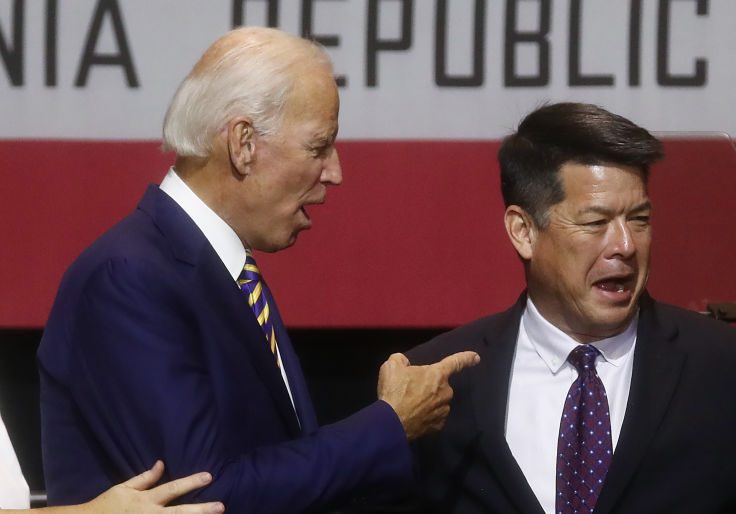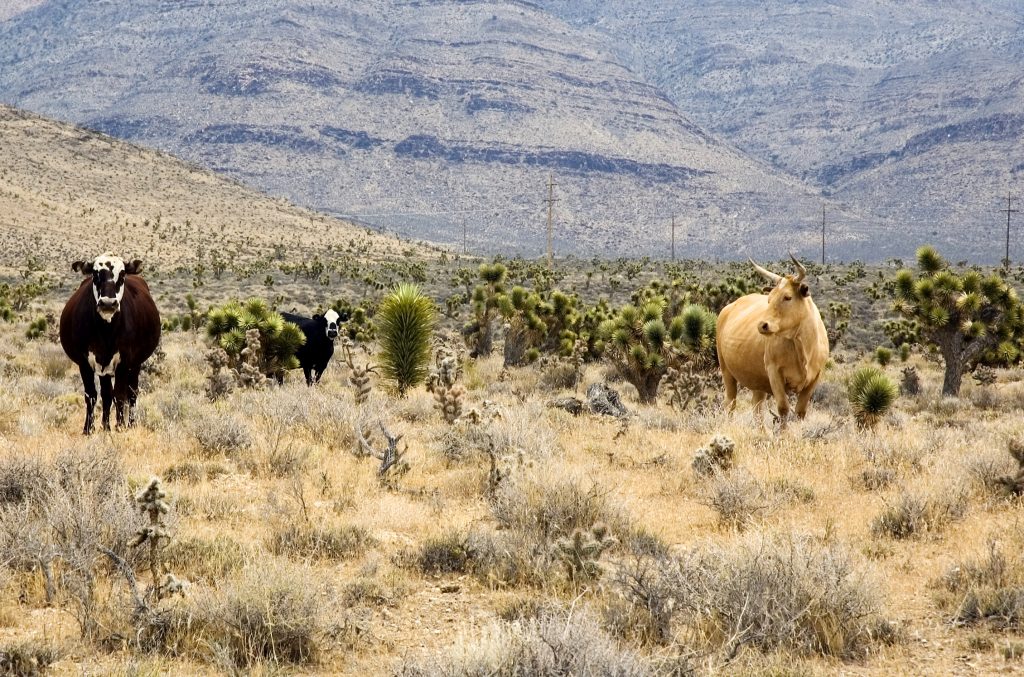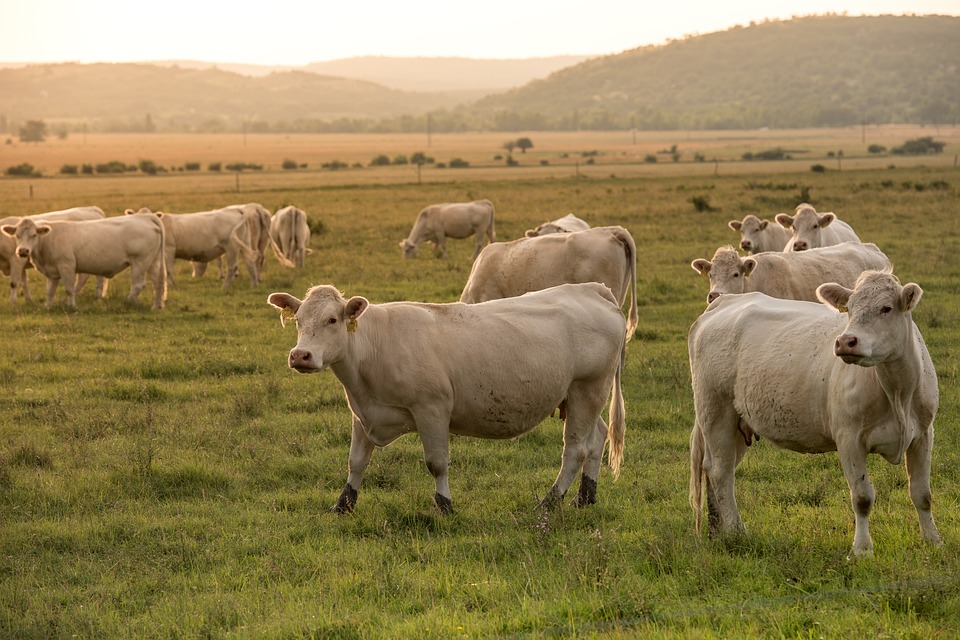Finally, it appears that Park Service personnel were deeply concerned about attempting to follow ethics guidelines while facing pressure by Rep. Cox and his staff to comply with the personal request for passes. I ask that you provide any additional correspondence, complaints, or filings made by National Park Service personnel in relation to this incident.
Dear Mr. Jorjani and Mr. Greenblatt:
I am writing to make sure that your offices are aware and inquire about a recent request by my colleague, Representative T.J. Cox (CA), to “press”1 the Deputy Superintendent of Yosemite National Park (Deputy Superintendent) to provide him with two, publicly limited vehicle entry passes for personal use on the Fourth of July. The Code of Ethics for Government Service, which also applies to Members of the U.S. House of Representatives,2 codifies the principle that “public office is a public trust.”3 Use of one’s status as a Member of Congress in an attempt to influence an Executive Branch employee to acquire preferential treatment for personal gain is a breach of that public trust.
As you know, The Department of the Interior’s (DOI) reopening of our national parks in the COVID-19 environment has generated numerous Congressional inquiries. In addition, as recently as June 2 House Natural Resources Democrats held a partisan forum opposing the Department’s effort to reopen parks to serve the American people.
Recent Departmental responses to staff related to Yosemite National Park and its reopening, produced a multi-document response from DOI which included the enclosed exchange regarding Representative Cox’s personal request for special access to Yosemite National Park during the extremely busy July 4th holiday. DOI records indicate Representative Cox’s Congressional staff advancing his personal request, Representative Cox’s personal engagement in the request through his personal email, and Representative Cox’s subsequent demand for a telephone call with the Deputy Superintendent about DOI’s denial of his initial personal travel request.
Provided communications also indicate the steps taken by DOI staff to adhere to ethical guidelines in addressing Representative Cox’s request. For example, the Deputy Superintendent wrote in an email to Representative Cox’s staff that she was unable to provide Representative Cox with vehicle entrance tickets based on the personal nature of his visit, and provided instructions on how to properly reserve tickets as open to general members of the public.4 Merely three minutes after the Deputy Superintendent’s response, Representative Cox’s staff replied with the addition of Representative Cox’s personal email address to the chain, which included multiple National Park Service employees’ official email addresses.5 The resulting communication chain among National Park Service personal show an effort to prepare the Deputy Superintendent with additional information from ethics staff on how to handle the response.
Subsequent telephone interviews with Yosemite Park Service staff indicate that Representative Cox’s call resulted in pressuring the National Park Service staff to change the request from personal to professional and grant him passes. National Park Service staff indicate this was done due to his status as a member of the Natural Resources Committee and to film a video to accompany the Great American Outdoors Act. However, nowhere in any of Representative Cox’s official active media streams are pictures, video or professional recognition that he attended any events or visited Yosemite over the 4th of July. In fact, since July 4th, there is no reference to Representative Cox’s official attendance at Yosemite on at all.
From the communications provided, it appears that DOI employees took appropriate steps to ensure compliance with ethical standards. However, it appears that due to subsequent pressure on the National Park Service employees by Representative Cox that your staff yielded and granted these heavily in demand private passes for a visit during July 4th.
In order to fully understand the ethical considerations related to Representative Cox’s request, please provide the polices and ethical guidance that DOI employs use to distinguish between personal and official government business.
Additionally, please provide any additional correspondence between National Park Service personnel and Representative Cox’s that would clearly justify the granting of preferential treatment for vehicle entrance passes during the extremely busy 4th of July period. Including official activities that Park Service personnel engaged in with Rep. Cox during the weekend, specific tour sites and any other engagement between Park Service personnel and the official Cox delegation visiting the Park.
Finally, it appears that Park Service personnel were deeply concerned about attempting to follow ethics guidelines while facing pressure by Rep. Cox and his staff to comply with the personal request for passes. I ask that you provide any additional correspondence, complaints, or filings made by National Park Service personnel in relation to this incident.
During this time of COVID when National Park Service employees are putting themselves on the front lines to keep our nation’s and local community’s recreational economy on track, we are thankful for all National Park Service personnel do for the people of our nation. It is unfortunate that situations like this arise where members of Congress appear to pressure National Park Service personnel into providing special access. Your efforts to provide this information, address these questions will help protect National Park Service personnel in the future from additional incidents and coercive pressure. Thank you for your attention to this matter.
See Gosar’s original letter here
We respect your reading experience, and have refrained from putting up a paywall and obnoxious advertisements, which means that we get by on small donations from people like you. We’re not asking for much, but any amount that you can give goes a long way to securing a better future for the people who make America great.
[paypal_donation_button]
For as little as $1 you can support Free Range Report, and it takes only a moment.




Just like our own Mia Love (R-Utah).
Thank you. Our mailing address is P.O. Box 335 La Sal, UT 84530